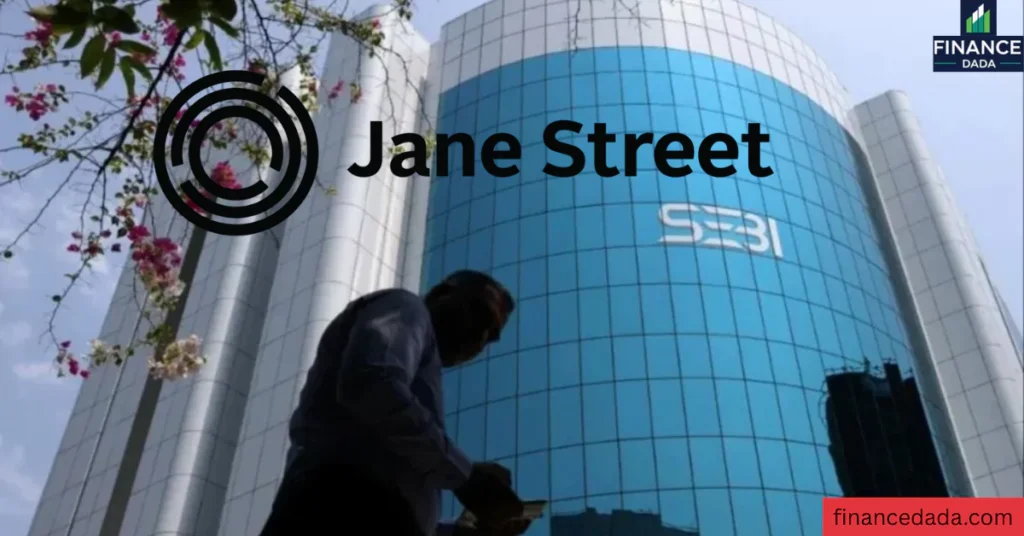SEBI Bans Jane Street Group from Indian Securities Markets
SEBI Bans Jane Street: The Securities and Exchange Board of India (SEBI) has imposed an interim ban on US-based trading firm Jane Street Group, prohibiting it from accessing India’s securities markets. The decision, detailed in a 105-page order issued on July 3, 2025, stems from allegations of manipulative trading practices that impacted the Nifty 50 and Bank Nifty indices.

Allegations of Index Manipulation
SEBI’s investigation revealed that Jane Street engaged in a calculated strategy to influence index prices for profit. The firm allegedly took large positions in index options while simultaneously trading underlying stocks to move the indices in its favor. Between January 2023 and March 2025, Jane Street is said to have earned ₹43,289 crore (approximately $5.1 billion) through index options trading, with ₹4,843 crore ($566 million) classified as “unlawful gains” by SEBI. These profits have been ordered to be held in an escrow account, and Jane Street’s bank accounts in India face restrictions on withdrawals without SEBI’s approval.
How the Scheme Worked
According to SEBI, Jane Street’s Indian entities, including JSI Investments Pvt Ltd and JSI2 Investments Pvt Ltd, collaborated with its global arms to execute the trades. The firm would build significant positions in index stocks and futures early in the day, followed by strategic sales to depress index levels, benefiting its options positions. This pattern was observed on 15 of 18 trading days analyzed, despite warnings from the National Stock Exchange (NSE) in February 2025 to cease such activities.
Impact on Retail Investors
SEBI highlighted the detrimental effect on retail investors, who suffered losses while proprietary traders like Jane Street reaped substantial profits. The regulator noted that proprietary firms collectively earned over ₹610 billion in FY24, underscoring the scale of such activities in India’s derivatives market, which is the world’s largest by contract volume.
Regulatory Actions and Market Implications
The interim order bars Jane Street and its affiliates from all securities transactions in India until the investigation is complete. This move is likely to reduce liquidity in the derivatives market, where Jane Street was a major player. The ban also signals SEBI’s intensified focus on curbing manipulative practices, especially as global trading firms like Citadel Securities and Optiver expand their presence in India.
Jane Street’s Defense
Jane Street has contested SEBI’s allegations, stating it will cooperate with the regulator to resolve the matter. Known for its expertise in high-frequency and algorithmic trading, the firm earned over $2.3 billion from Indian equity derivatives in 2024. A US lawsuit against rival Millennium Management previously exposed Jane Street’s proprietary trading strategies, which generated $1 billion in 2023.
Broader Context
SEBI’s action is part of a broader effort to protect retail investors, who have faced significant losses in options trading. Recent regulatory measures, including higher investment thresholds and increased lot sizes, aim to enhance market stability. The Jane Street case could pave the way for stricter oversight of algorithmic trading and foreign portfolio investors in India.
Disclaimer: This article is for informational purposes only and does not constitute investment advice. Always conduct thorough research before making investment decisions.
Also Read: Paras Defence shares jump 10% after adjusting for 1:2 stock split









